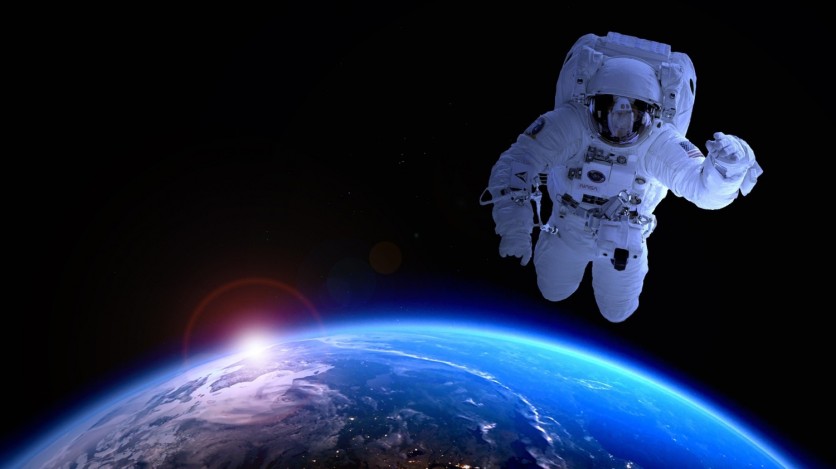New research suggests that astronauts may experience weakened immune systems while in space, making them more susceptible to infections.
Studies conducted on astronauts aboard the International Space Station (ISS) have revealed common occurrences of skin rashes, respiratory and non-respiratory diseases, and increased shedding of live virus particles.
These findings have raised questions about the potential immune deficits caused by space travel.

The Effects of Space Travel
Dr. Odette Laneuville, an associate professor at the University of Ottawa's Department of Biology and lead author of a new study, stated, "Here we show that the expression of many genes related to immune functions rapidly decreases when astronauts reach space, while the opposite happens when they return to Earth after six months aboard the ISS."
The study, funded by the Canadian Space Agency, examined gene expression in leukocytes (white blood cells) from a group of 14 astronauts who spent between 4.5 and 6.5 months on the ISS between 2015 and 2019.
The research identified 15,410 genes with differential expression in leukocytes. Included in these genes are two distinct clusters consisting of 247 and 29 genes, respectively.
The genes in the first cluster were found to decrease in expression upon reaching space and increase upon returning to Earth, while the genes in the second cluster exhibited the opposite pattern.
The majority of genes in both clusters were associated with protein-coding, but the first cluster primarily involved genes related to immunity, while the second cluster was associated with cellular structures and functions.
These findings indicate that space travel leads to rapid immune system weakening due to changes in gene expression.
Dr. Guy Trudel, a rehabilitation physician and researcher at The Ottawa Hospital and professor at the University of Ottawa's Department of Cellular and Molecular Medicine, emphasized the implications of a weakened immune system for astronauts, stating, "A weaker immunity increases the risk of infectious diseases, limiting astronauts' ability to perform their demanding missions in space."
Positive Aspect of the Discovery
However, there is a positive aspect to this discovery. The data also revealed that most genes in either cluster returned to their pre-flight levels of expression within one year after returning to Earth, with the majority returning much sooner, often within a few weeks.
This suggests that astronauts face an elevated risk of infection for at least one month after returning to our planet.
The duration required for immune resistance to fully restore its pre-flight strength is still unknown. It is expected to vary based on factors such as age, sex, genetic differences, and childhood exposure to pathogens.
Scientists propose that the alteration in gene expression of leukocytes in microgravity is triggered by the phenomenon known as the "fluid shift."
During this process, blood plasma is redistributed from the lower to the upper body and the lymphatic system.
As a result, the volume of plasma decreases by approximately 10% to 15% in the initial stages of space travel. It is well-established that the fluid shift induces significant physiological adaptations, including changes in gene expression.
Looking ahead, the main objective is to utilize these findings to devise strategies that can mitigate immune suppression during space journeys, especially those of extended duration.
Dr. Laneuville underscored the significance of early identification of immune dysfunction and sub-clinical inflammation in the health of astronauts while in space. Early detection would open doors for timely intervention, aiming to prevent the progression of these conditions into severe symptoms.
The findings of the study were published in the Journal of Frontiers in Immunology.
Related Article : SpaceX Dragon Capsule Reaches ISS with 7,000 Pounds of Supplies

ⓒ 2025 TECHTIMES.com All rights reserved. Do not reproduce without permission.




